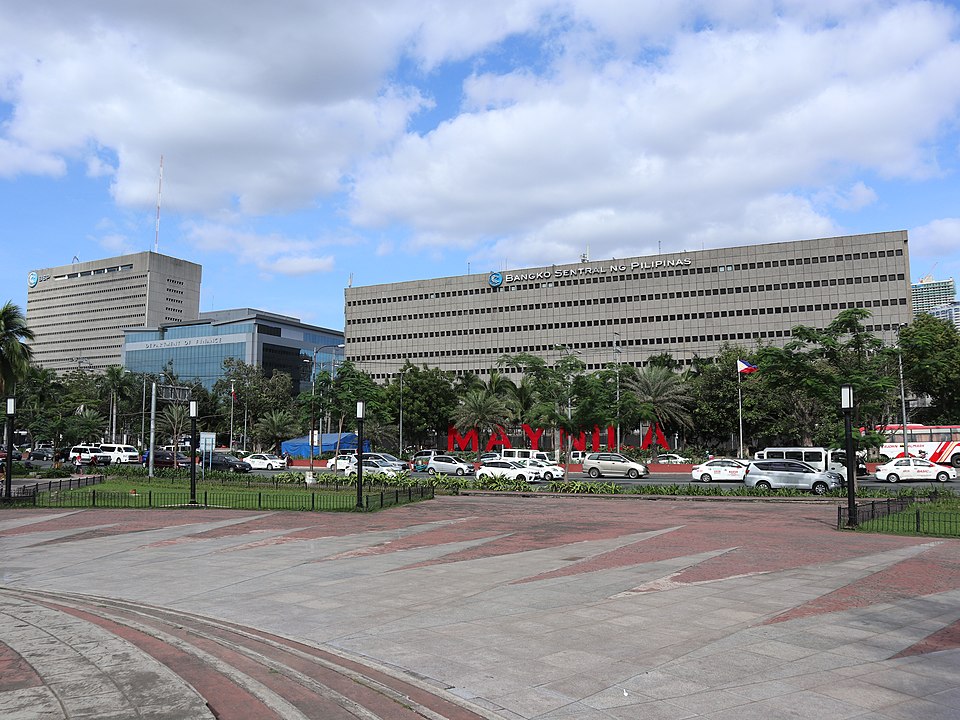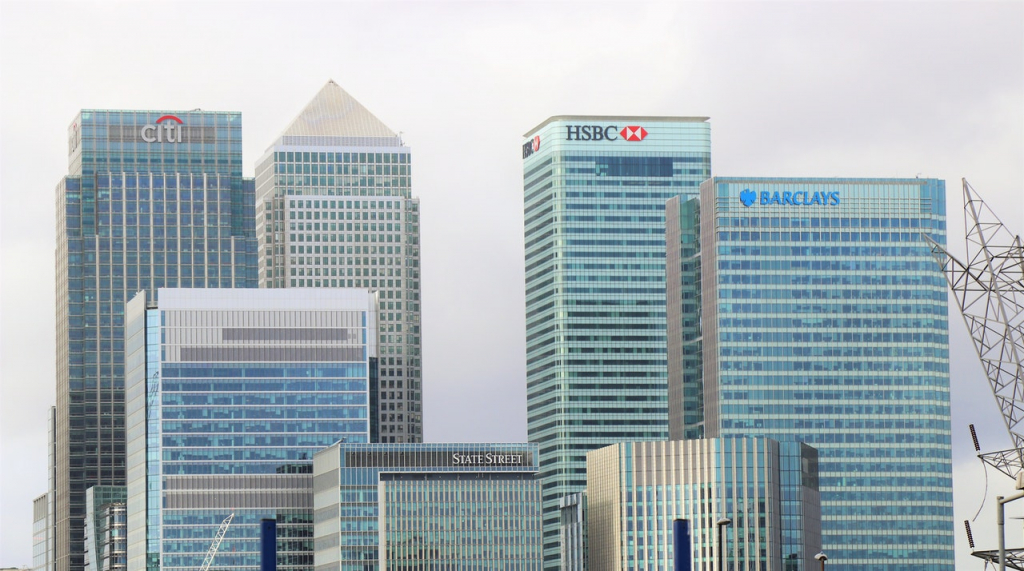How do the higher BSP interest rates affect ordinary Filipino households, the economy, and investments in real estate?
The Bangko Sentral ng Pilipinas (BSP) raises its key policy rate by 75 base points (bps), ending at 3.25%, effective from July 14, 2022. According to Moody’s Analytics, this may not be the end of the hikes, and its succeeding scheduled increases could tail the 75 base points increase.
Furthermore, Moody’s has pegged BSP’s previous back-to-back 25 base points increase as “insufficient” to temper inflation expectations. As a result, BSP’s off-cycle rate hike became its highest ever, and it can be more aggressive in the following months.
In fact, Alexander von zur Muehlen, Deutsche Bank Chief Executive Officer, sees the BSP further raising its rates by 50 bps in August.
Fitch Solutions, an American credit rating agency, further expects BSP’s key interest rate to go as high up as 4.25% by yearend to control the peso’s downward volatility.

Why are the BSP interest rate hikes necessary?
The BSP needed to increase its key policy interest rate to temper the Philippines’ accelerating inflation. How? Inflation is a condition where we have excess domestic liquidity. In other words, we have too much supply of money in the market.
By raising interest rates, the BSP makes it much more expensive to borrow money. This way, households and businesses are less likely to borrow money from banks. As a result, less money circulates in the market, adjusting inflation expectations.
According to BSP Governor Felipe M. Medalla, the Monetary Board needs to tighten the monetary policy further because of the continuous and broadening price increases.
With this move, the Monetary Board aims to rein in inflation expectations and reduce risks to the inflation outlook. More specifically, this addresses the resulting inflation from the international crisis. One example is the Ukraine-Russia war, which continues to raise oil prices in the world market.
In simpler terms, the latest increases in BSP’s policy rate are the central bank’s way of controlling the inflation rate. This way, it does not go beyond what the government has prepared for.
How does the high BSP interest rate affect households?
Though the BSP cannot dictate the interest rates a bank will implement, it can release a nominal interest rate that will serve as a benchmark for banks and lending companies. This nominal rate becomes their basis for loans, credit cards, and deposit rates. As a result of high interest rates, borrowing is now more costly, so households and businesses spend less and save more.
How does BSP’s interest rate hike affect the economy?
With less money supply, the economy slows down. That said, the next metric we need to look at in the next few months is the gross domestic product (GDP). However, ANZ research’s chief economist, Sanjay Mathur, said the BSP has room for these rate hikes without hurting the GDP. Though the hikes may seem significantly high, they are necessary for slowing down inflation without halting economic growth.

When does BSP increase its policy rate?
BSP can either increase or decrease its key policy rate, signaling the general interest rate levels to the market. For instance, when inflation hits above-target levels, the BSP needs monetary policies to tame it when it lasts for too long. Such cases usually happen when there are pressures from rising inflation, excess domestic liquidity, or too much money circulating in the market.
What happens next when BSP raises its interest rate is that banks are encouraged to deposit in BSP. Next, bank lending rates increase. As a result, households and businesses are less likely to borrow money from the banks because of high borrowing costs.
What factors influence the BSP interest rate?
One factor that Monetary Board had to consider was the imported inflation since around a quarter of the total food supply was imported, based on 2021 data. Such goods include staple products such as rice, corn, pork, garlic, onions, and chicken. When we buy commodities at a high price, the purchasing households and businesses also shoulder these costs.
This increase in the central bank’s key interest policy is consistent with the United States’ Federal Reserves’ monetary policy. The Fed also increased its interest rate to anchor its rising inflation at 9.1%. The result of this policy is a shortage in dollars, raising its value against the peso.
How long will the BSP interest rate remain high?
Monetary policy tightening is a global trend. How long will this last? As per Gareth Leather, Capital Economics senior Asia economist, this cycle will be relatively short-lived, and that inflation will peak soon.
But what can the BSP do in the interim? Can the BSP dictate real interest rates? The short answer is no because the central bank cannot control the supply and demand for goods and services. However, the BSP can influence inflation expectations. Furthermore, the BSP can only set the nominal interest rate since it cannot set the inflation rate.

How can high interests affect real estate investments?
Aside from mortgage or home financing rates, there are many ways a rising interest can affect real estate.
Capital Flows
Interest rates significantly impact mortgage rates and financing expenses, which affect costs at the individual property level and, consequently, values.
Supply And Demand
Capital and the cost of capital affect the supply and demand of real estate. When interest rates are high, it means there is less money available for purchasing properties or developing new ones. Why? Because when there is less capital, banks lend less. As a result, we get lower leveraged cash flows and properties at a lower value.
Nominal Vs. Real Interest Rates
The nominal interest rate, the one set by the central bank (BSP), cannot control the demand for goods and services as it depends on expected inflation. As individuals belonging to households or owning businesses, what we are more concerned about is real interest rates. Real interest rates are adjusted for inflation’s expected erosion of purchasing power.
Source:
BSP Media and Research: Why Should Interest Interest You?

Ideal investment properties in Camella
Discover Camella’s properties for sale in the Philippines


